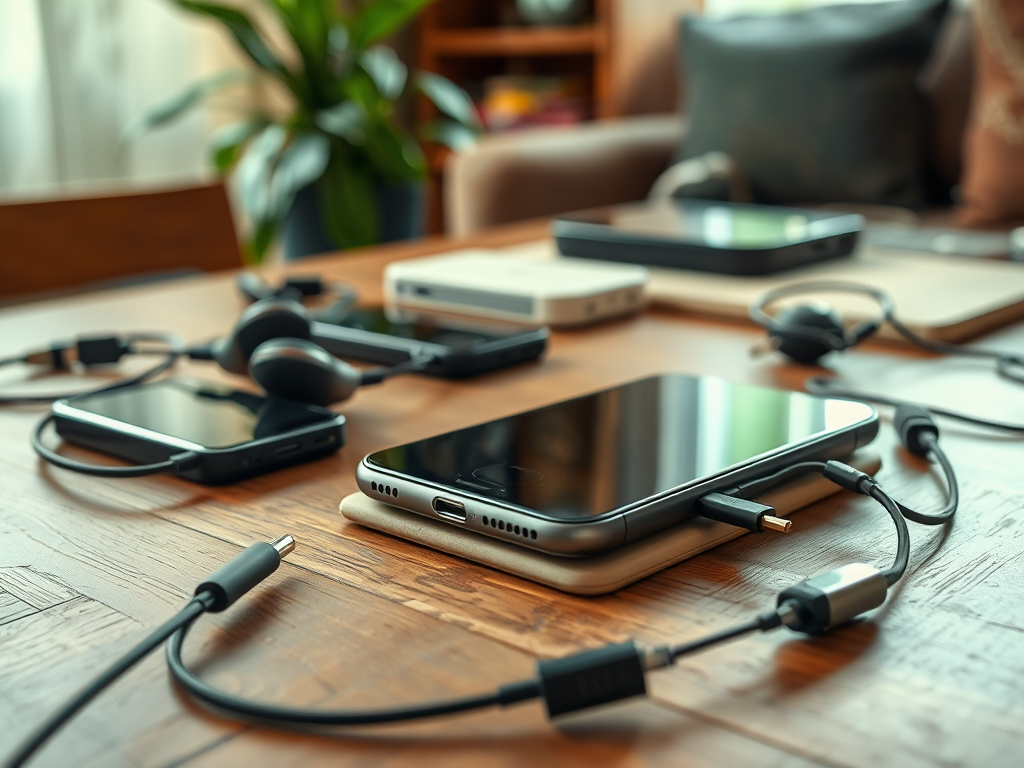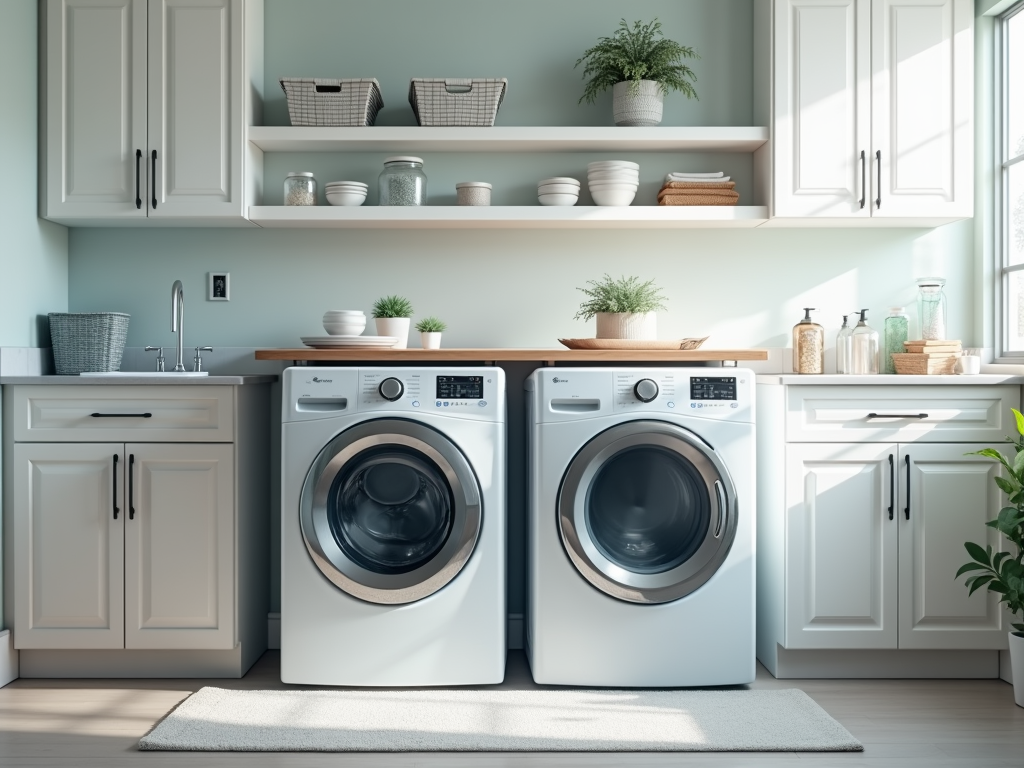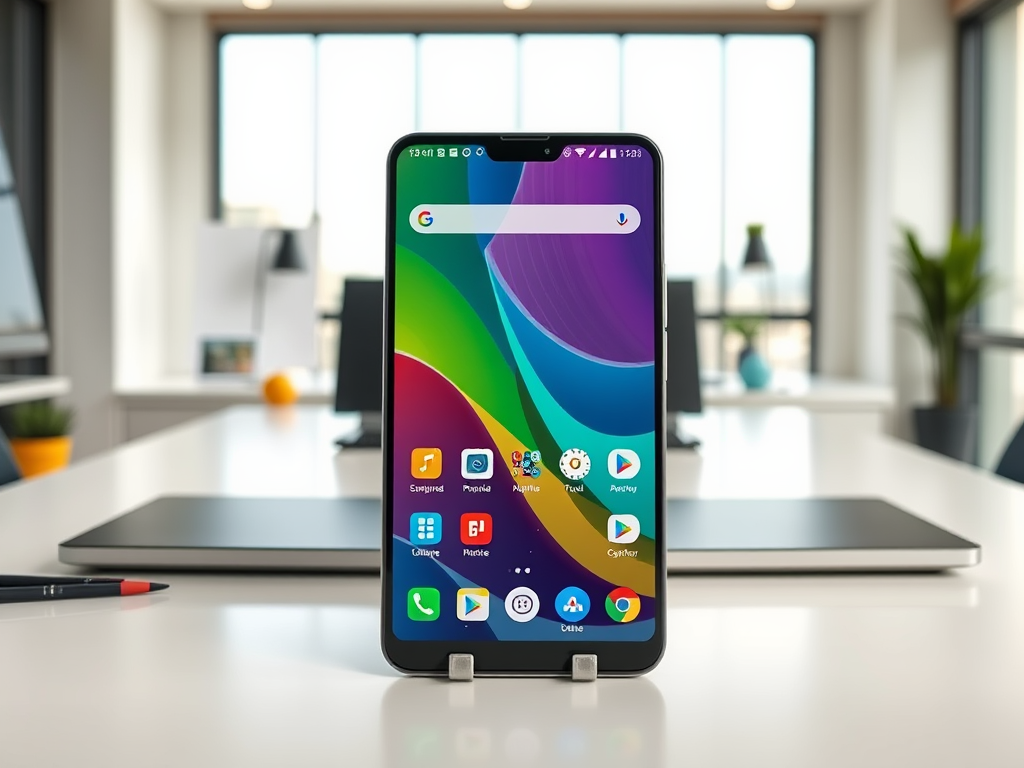In a world dominated by rapid advancements in technology, buying used phones has become an increasingly attractive option for many consumers. Not only does it provide an opportunity to save money, but it also allows buyers to access high-quality devices that might otherwise be out of budget. The thrill of finding a premium smartphone at a fraction of its retail price can be exhilarating. However, navigating the used phone market can be tricky; buyers must arm themselves with knowledge to make informed and satisfactory purchases. This guide aims to illuminate the crucial factors to consider, ensuring you don’t just buy a phone but invest in a device that fits your needs and lifestyle.
The used phone market can be overwhelming because of the variety it offers. From different brands and models to varying conditions and price points, there’s much to analyze. Understanding what to look for in a used phone will help filter through the noise of countless listings and advertisements. Additionally, having a solid grasp of the terminology and features can be a game-changer during negotiations. Engaging with the seller and asking the right questions can often lead to better deals and greater reassurance regarding your purchase. So, let’s dive into the essential considerations you should keep in mind when exploring the world of second-hand smartphones.
Understanding the Market for Used Phones

As technology evolves, consumers often upgrade to newer models, resulting in a robust market for used phones. The availability of devices in this market can be vast, from last year’s flagship models to more budget-friendly options. Buyers can explore a wide range of devices, each varying in features, price, and condition. Understanding the market is essential for making an informed decision, especially if you’re looking for specific functionalities. For instance, some models may continue to perform exceptionally well even years after their release. Being aware of these nuances enables buyers to pinpoint their priorities effectively.
- Cost-effectiveness: Buying used phones allows you to save money, meaning you can upgrade or invest in accessories.
- Environmental impact: Reusing devices decreases electronic waste, contributing positively to environmental conservation.
- Access to high-quality devices: Many premium models can be acquired at significantly lower prices, making it feasible to own flagship models.
Key Considerations When Buying Used Phones

Before making a purchase, several factors can significantly impact your experience and satisfaction with a used phone. One of the most important aspects is the condition of the device. Inspecting a used phone thoroughly can reveal potential issues that the seller may not disclose. In addition, examining the brand and model can also provide insights into reliability and performance. Ultimately, these considerations will significantly affect how long the phone lasts and how well it meets your usage needs.
Condition of the Phone
Pay close attention to the physical and functional condition of the device. Check for scratches, dents, or cracks that might affect its appearance or functionality. A visible crack could make the screen more susceptible to further damage. Additionally, inspect the screen for responsiveness and issues like dead pixels. Battery health is another crucial component; a phone that can’t hold a charge will require immediate investment, either in a replacement battery or a new device altogether.
Brand and Model
Certain brands and models are known for their reliability and resale value. Researching the reputation of different brands can provide insights into long-term performance. Given the choices available, some people may opt for a more recent model that has received positive reviews. Knowing the specifications can also help ensure that the device will support the apps and features you plan to use. Here’s a quick overview of some popular brands:
| Brand | Reputation | Typical Lifespan |
| Apple | Highly reliable, good support | 4-5 years |
| Samsung | High-performance devices, strong market | 3-4 years |
| Regular software updates | 3-4 years |
Price and Value
Understanding fair pricing is key to a wise purchase. Research average market prices for similar models can help you gauge whether a deal is truly beneficial. Moreover, consider any warranties or return policies that sellers might offer as they may provide added value. Assessing the phone’s age against the asking price is essential for justifying your investment. Remember that while you may find seemingly great deals, they may come with hidden drawbacks.
Where to Buy Used Phones
Exploring different buying options can lead to better deals and safer transactions. Various places cater to different buyer needs, be it convenience or thoroughness in evaluations. Reputable sources should always be prioritized to minimize risks associated with counterfeit devices or scams. Buying from certified stores can often provide additional warranty options, but local classifieds can become rewarding if there are killer deals at hand. Explore online marketplaces like eBay or Swappa, but don’t overlook local classifieds and community boards.
- Electronic retailers and certified refurbished programs
- Online marketplaces (e.g., eBay, Swappa, Gazelle)
- Local classifieds and community boards
What to Check Before Finalizing a Purchase
Once you’ve identified a potential phone, it’s crucial to vet it further. Ensuring the device works correctly can prevent a regrettable purchase. Always test the camera quality, focusing on both primary and front-facing cameras. Connectivity options like Wi-Fi and Bluetooth should also be checked thoroughly. Make sure to confirm that the phone is compatible with your carrier by trying a different SIM card if possible.
To ensure the device works correctly, check various functionalities systematically. Can you access your preferred apps seamlessly? Does the phone connect to Wi-Fi without issues? It’s essential to pay attention to areas that impact your daily use as they can reveal much about the device’s reliability. If you uncover any faults, use them as leverage in negotiations or reconsider the purchase entirely.
Conclusion
Buying a used phone can be a smart financial decision if you know what to look for. By considering the phone’s condition, brand reputation, pricing, and where to buy, you can make an informed choice that meets your needs. Always remember to engage with sellers, ask critical questions, and verify the device’s functionality before finalizing your purchase. A little due diligence goes a long way in ensuring you get a reliable phone at an excellent value. Now that you’re armed with knowledge, enjoy the process of acquiring a used phone that aligns with your needs and lifestyle.
Frequently Asked Questions
- What should I check in a used phone before buying?
- Physical condition (scratches, cracks)
- Screen functionality
- Battery health
- Is it safe to buy used phones online?
- Yes, but ensure you buy from reputable sources and check seller ratings.
- How can I determine if a used phone is unlocked?
- Ask the seller for the IMEI number and check it online, or try using a different SIM card.
- What accessories should I expect with a used phone purchase?
- At minimum, look for a charger and possibly original packaging; inquire about other accessories.
- Can I return a used phone if it doesn’t meet my expectations?
- This depends on the seller’s policy; always ask beforehand.



